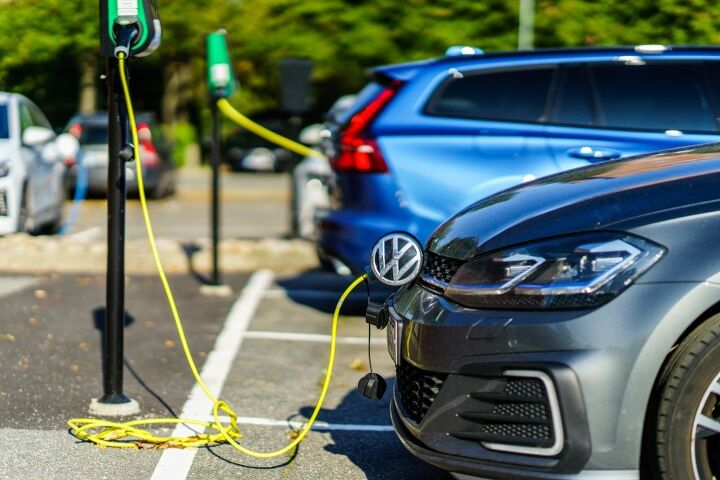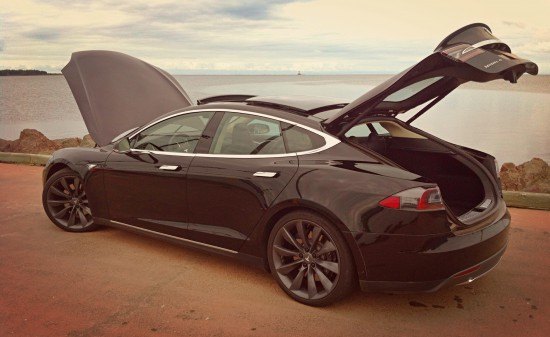#EnergyStorage
Volkswagen's Making Big Promises About Electric Vehicles and the Energy Grid
Volkswagen Group’s transition toward electric vehicles has been no secret. Since getting busted with software designed to defeat emissions testing five years ago, the manufacturer has trumpeted the merits of electrification at every opportunity. Still, some continue to wonder how an EV-dominant world will work, expressing concerns that peak charging hours could stress national energy grids past the breaking point.
One proposed solution is to use the connectivity available in modern cars to take power from the grid only when surplus energy is available, while feeding electricity back into it during peak draw hours. Michael Jost, VW’s head of product strategy, said this was something the automaker has been working on.
Battery Entrepreneur Claims Breakthrough, Reducing Need for Controversial Cobalt
While electric vehicles get better every year, they remain beholden to battery technology. This results in a few inherent shortcomings – the most noteworthy being limited range and extended downtime while charging. While this has helped throw a wet blanket EV adoption, it isn’t the technology’s only fault. Modern car batteries are also dependent on relatively rare metals that are both morally contentious and prohibitively expensive to procure.
Cobalt, mined almost exclusively in the Democratic Republic of Congo, and often by children, is likely the worst offender. Prices skyrocketed after EV manufacturing went mainstream, and analysts have long predicted a shortage that could severely impact the long-term popularity of zero-emission vehicles. Fortunately, a new way to build batteries may be on the horizon, though this particular application could create as many issues as it solves – since it involves removing an element that’s paramount to a battery’s long-term stability.
Tesla Unveiling Home, Business Battery Products April 30
Tesla wants more than to be in the garages of its customers as it plans to begin offering batteries for home and business energy-storage applications soon.


















Recent Comments